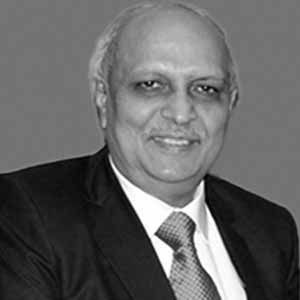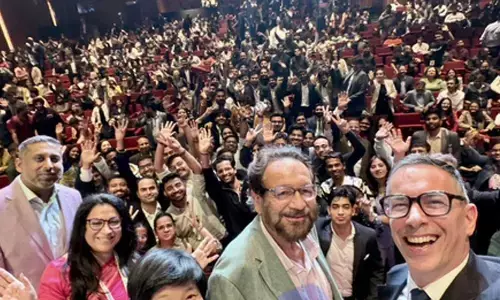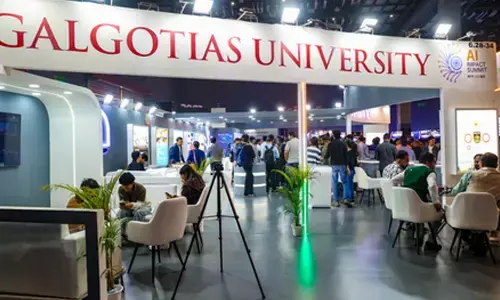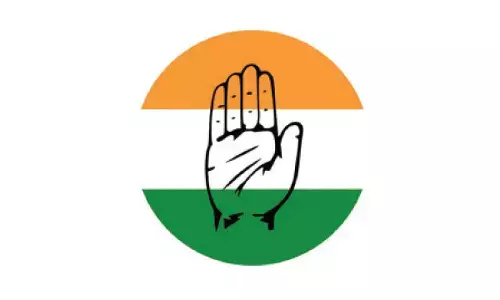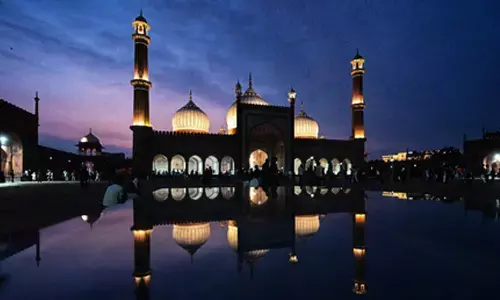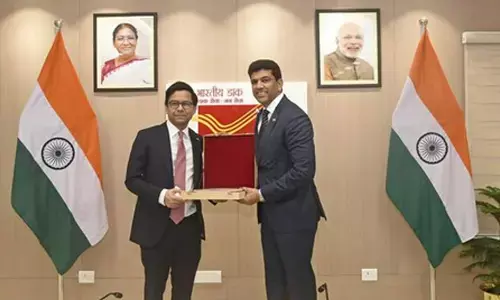No-confidence move sans conviction
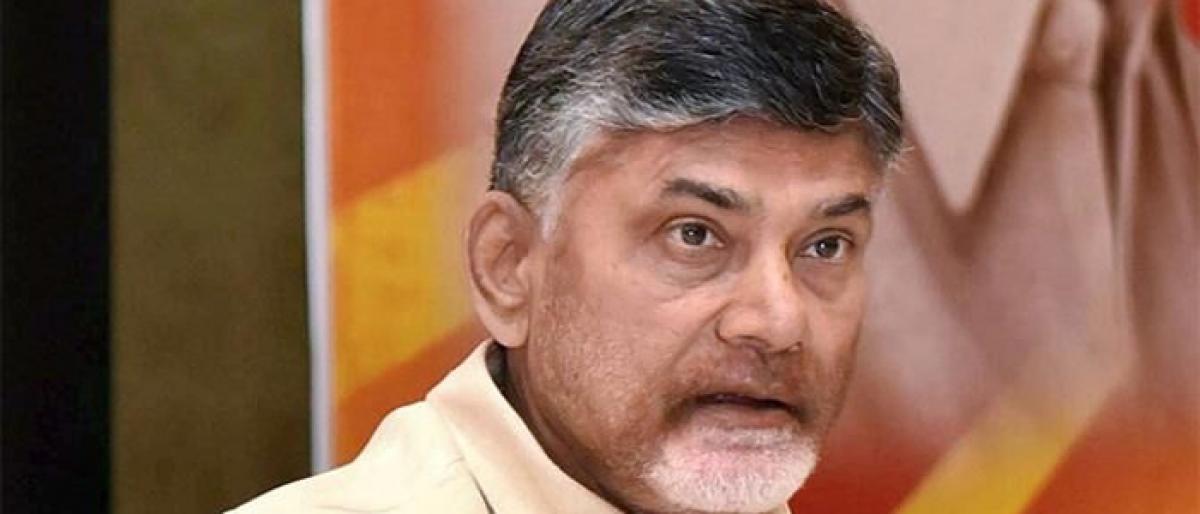
The formality of noconfidence on the central government by TDP is over It came up for discussion at the most appropriate time from the point of view of the BJP and the most inappropriate time from the point of view of TDP After the vote is taken and the government came winners with a figure higher than what was expected,
The formality of no-confidence on the central government by TDP is over. It came up for discussion at the most appropriate time from the point of view of the BJP and the most inappropriate time from the point of view of TDP. After the vote is taken and the government came winners with a figure higher than what was expected, it left unanswered the question what exactly TDP wanted to achieve by bringing in the no-confidence motion.
It was never in doubt that the no-confidence motion would be defeated and there was no threat to the government. Since the Government of India has made its stand clear on all the issues relating to bifurcation of the state including the special status, there was no chance of persuading them to change their stand on any of these issues as a result of moving the no-confidence motion. The intention, I presume, was to highlight injustice being done to the State of Andhra Pradesh, more particularly, with denial of special status by the present government.
Here, TDP was on a weaker wicket compared to other regional parties from AP in demanding the same since they had initiated the process for the special package in lieu of special status and also at one point of time welcomed it publicly, and went back on that at a subsequent point of time.
In any discussion on this issue, it is evident, even before it started, that the tables can be turned back on them by the BJP for having initiated and accepted special package in place of special status. Further being in power in the state, TDP may not have the same flexibility as other regional parties, not in power, of refusing to take advantage of funds that are being offered as part of the special package.
If the idea was to mobilise public opinion on this issue against the government, they should have realised the special category status for Andhra Pradesh may not be as important an issue to others as it is to the people of Andhra Pradesh. To mobilise public opinion in Andhra Pradesh, no-confidence motion against the Government of India may not necessarily be right alternative. Hence, there were too many questions that went unanswered on what was expected to be achieved by the no-confidence motion even before the notice was given.
TDP also seems to have failed in its strategy of mobilising the support of other opposition parties to speak on the issues of division and special category status. The no-confidence motion discussion went on general issues and the reference to special category status and issues of division was only made in the passing by other political parties.
Rahul Gandhi representing the main opposition left it to Mallikarjun Kharge to refer it to these in his speech. Saugata Roy of TMC who vehemently opposed division of Andhra Pradesh earlier did not even make a reference to the division issues in his speech. It was only left to the TDP MPs who got the chance to speak to highlight the issues. Failure of the TDP Parliamentary machinery is obvious in this regard, failing to meet these leaders and convince them to speak on issues specific to Andhra Pradesh more prominently.
Further, Members of parliament from AP did not distinguish themselves well by shouting in the parliament when Prime Minister was replying to the debate on the motion of no-confidence. At least, as the members of a party which moved the no-trust motion, they should have the minimum courtesy of listening to the PM and then reacting. With pepper spray fame of the division time to shouting now at the time of PM speech, AP MPs seem to be distinguishing themselves for their unparliamentary behaviour.
Since the discussion went on general issues including the division issues, the Prime Minister also in his reply chose to address the general issues referring to the AP division issues in the passing. Hence, the focus of the no-confidence motion on issues specific to Andhra Pradesh was lost.
Though there were forcible presentations of the problems of the state by Galla Jayadev and Kinjarapu Ramamohan Naidu, an opportunity to get appropriate clarifications or commitment from the government was lost by Kesineni Nani when he rose to speak after the Prime Minister’s reply.
Seriousness of the discussion was also diluted by Rahul Gandhi with his avoidable gestures of hugging and winking. It was the Prime Minister who took full advantage of the prime time allotted to him by the Speaker (I think by a careful design) and came out with a spirited reply. Division issues were also covered but not the way they should have been, considering that the main motion of no-confidence was given by TDP. Overall, it is a big strategic failure for TDP on all fronts.

